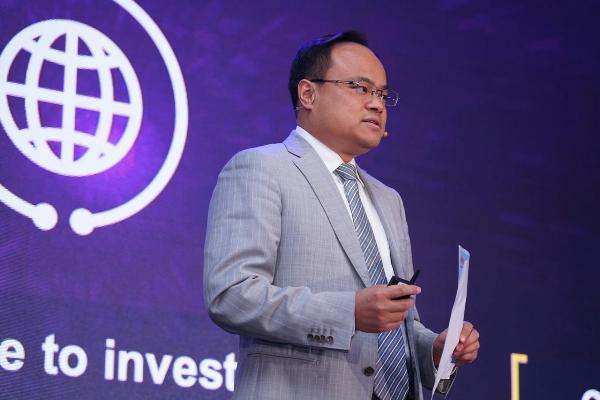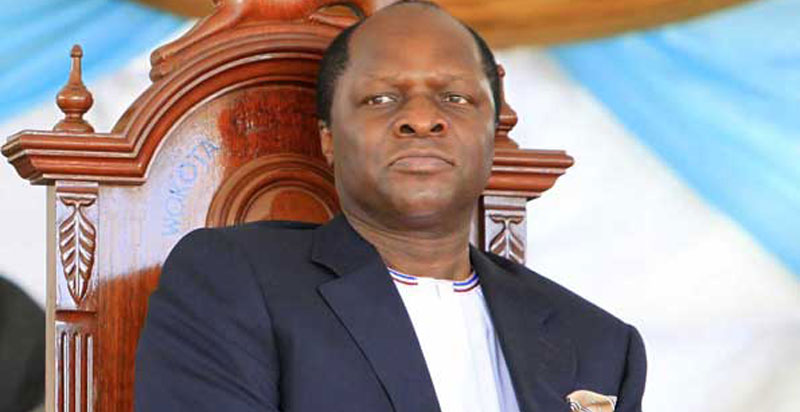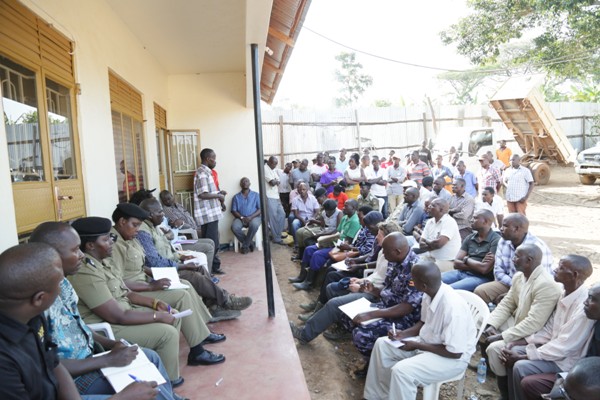It is not enough for business to simply stick to the fundamental products and services they have always offered. In the digital age it’s disrupt or die.
According to the IDC, digital transformation is essential for an organisation to adapt quickly to changing markets. Business opportunities are fleeting, the IDC said, and if your business does not have the ability to seize them, your competition will.
The IDC said that digitally transformed organisations can react quickly to changing market dynamics, and adapt their strategies quickly and on-demand. Companies that are not transformed will miss out.
One example of this, are cellular network operators around the world.
Not too long ago, offering mobile voice and messaging services was a game changer. Then came mobile data. Now these are simply the expected functions of a network.
“They are fundamental, but not enough” said Lu Baoqiang (pictured), Huawei vice-president for the Southern Africa Region. To remain relevant, businesses have to adapt to new technologies and transform.
Huawei defines digital transformation as the application of new digital capabilities including tools, platforms and systems to processes, operations, product design, and services.
Baoqiang said that the aim of such a transformation is three-fold: increase revenue, improve efficiency and decrease costs, and enhance the customer experience.
“When we talk about digital transformation, we have to realise it’s all about how you can engage your customers,” said Baoqiang. While new technology is essential to a digital transformation, it must be in support of the primary purpose of the exercise — making things better for your customers.
Baoqiang said that, broadly, there are two forms digital transformation can take. The first is where existing operations are streamlined using new technologies. The second is where a business expands its offerings into new digital frontiers.
Huawei has partnered with several mobile network operators in Africa in their digital transformation, Baoqiang said. One example is Safaricom in Kenya.
With Safaricom in Kenya, Huawei has helped implement financial technology in the form of services like M-PESA and Fuliza. These have unlocked a whole new digital economy in the country.
Huawei and Safaricom have jointly received the “Business of Tomorrow” award for the most innovative service at AfricaCom 2019.
The award recognises the two companies for offering Fuliza, a mobile money overdraft service that runs on the M-PESA platform. Fuliza lets users with insufficient funds in their M-PESA accounts borrow money to complete their M-PESA transactions.
The service was launched in January 2019, and has been gaining popularity in Kenya where Safaricom has over 23.6 million M-PESA users.
Kenyans transacted over KES 6.2 billion (R900 million) in the first month of Fuliza’s launch.
Fuliza has disbursed KES 140 billion (R2 billion) since January, processing 13 loans per second. The companies say that the service has a very low default rate due to its purposeful nature.





